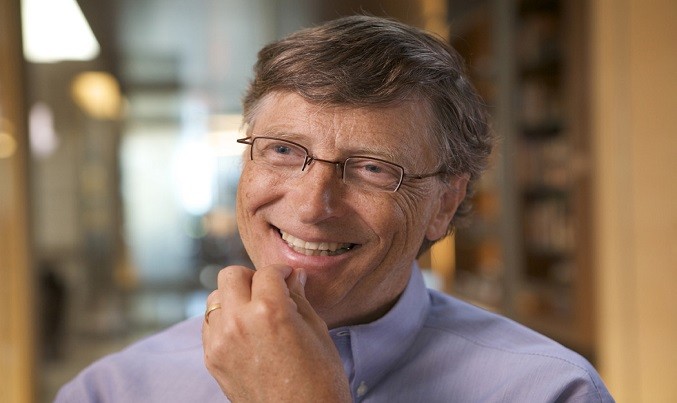Knowing how donors think about their philanthropy will help non-profit leaders partner with donors who really care about their cause, writes Lowell Weiss.
I have an unusual job title: philanthropic advisor. Even here in the U.S., where philanthropy is well established, most people have no idea what the title means. Here’s how I explain it: I help donors—from large foundations to individual families with no staff—achieve more impact and joy through their giving. Cool job, right?
In this essaylamba.com brief essay, I’ll share what I’ve learned about the donors with whom I work. My goal is to help non-profit leaders understand how donors think, so you have the best chance of forming productive partnerships with those who can accelerate your work.
I want to acknowledge up front that funders are like fingerprints: no two are exactly the same. And yet there are some important commonalities among what the Raikes Foundation calls “impact-driven donors.” Understanding these commonalities is important for anyone who wants to cultivate prospective funders.
1. Learn about the donor’s sweet spot. I often tell non-profit leaders that if they approach a donor who deeply cares about the specific issue you’ve dedicated your life to addressing, then you’re doing that donor a favour by reaching out. But the reverse is true as well: If you approach a donor without knowing if there’s strong alignment, it’s a waste of everyone’s time. So do your homework; learn as much as you can about the prospect’s sweet spot. If your organization fits it neatly, demonstrate that in your inquiry. And if not, just move on. Don’t twist yourself into a pretzel and distort your mission.
2. Engage donors for their brains, not just their chequebooks. This lesson is just as obvious as the first—and just as often ignored by well-meaning non-profit leaders. Engaging donors for their brains means two things. First, it means thinking about how donors’ time and talent—not just their treasure—could benefit your organization. Might that donor have valuable insights about talent development, financial management, or potential partnerships? Might that donor have connections with public officials who could champion needed legislation? Second, it means helping the donor learn along with you. It’s much harder to keep donors engaged in your work for the long term if all they get from you is an annual report about your successes. It’s much easier if you create opportunities for them to see your work in action or even participate, on occasion.
3. Help donors understand how you gauge progress. In the words of the Hewlett Foundation’s Fay Twersky, “Decide what is important for you to measure and, most of the time, funders will follow.” Yes, donors are paying a lot of attention these days to “metrics” and “key performance indicators.” But reasonable donors are not out to dictate what non-profits should measure, which is good because they’re usually not in a position to know what’s best. What my clients really want to see is that you’ve thought through what information is most valuable to you for determining whether you’re on course to achieve your mission and for course-correcting when you’re off. Whenever I encounter a non-profit leader who hasn’t thought this through, I see a red flag.
4. Clarify for yourself what it actually costs to deliver on your plans and make your “ask” based on the full cost. Here in the U.S., funders routinely underestimate what it actually costs to run a non-profit. Grantees exacerbate the problem by submitting proposals that align with these unrealistic expectations. When the proposal gets accepted, the non-profit has to skimp on everything they can’t call a “program expenditure”—from talent development to financial tracking to performance-management systems. This vicious dynamic has been called the “non-profit starvation cycle.” So take the time to clarify your cost structure and then explain to your prospective funders. If you provide a high degree of transparency, then there’s little room for funders to fear that you’re inflating costs or otherwise misusing their funds.
5. Assess your organizational strengths and needs, and share them with prospective donors. Another way to keep yourself from stumbling into the non-profit starvation cycle is to make the case to funders why you need more than just program funding. And that requires taking a good look in the mirror to understand where you’re excelling as an organization and where you’re not. I belong to a learning community that has developed two very good (and complimentary) resources to do so.
The Performance Imperative helps non-profits understand the seven most important organization disciplines for achieving high performance. The Performance Practice illustrates what it looks like in real life when non-profits put each of the seven disciplines into action, and makes it easy for non-profits to assess how they’re doing on each practice. If you share these kinds of insights with impact-driven philanthropists, they’ll be impressed with your initiative and be much more inclined to partner with you on areas in which you need support. Plenty of donors behave badly—demanding big results while offering small change, talking more than listening, treating grantees like contractors rather than partners. Don’t waste your time chasing these donors. Invest your time in connecting with the hearts and minds of donors who genuinely care about your success and will go to bat to help you achieve it.











